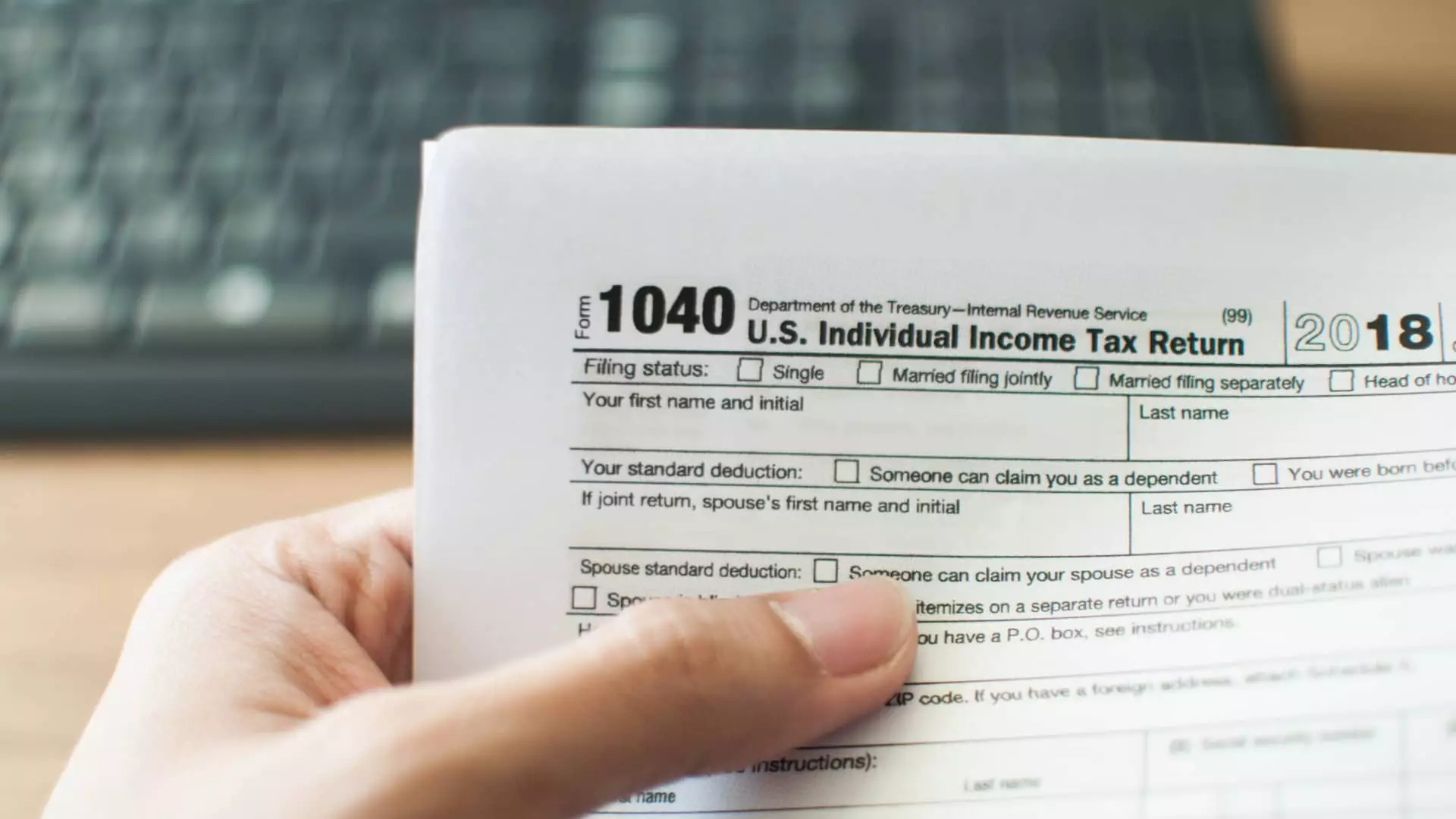As the tax deadline approaches, taxpayers are at risk of falling victim to various tax scams. Last year alone, the IRS received over 294,000 complaints of identity theft, resulting in more than $5.5 billion in tax fraud. With the IRS processing millions of federal returns, scammers are actively seeking opportunities to steal personal and financial information from unsuspecting individuals.
Common Tax Scams and How to Avoid Them
One common tax scam involves receiving emails, texts, or calls from unknown individuals or companies promising to help you maximize your tax savings or secure a larger refund. These scammers often request sensitive information under the guise of providing you with financial benefits. It is essential to remain cautious and skeptical of such offers, especially if you are asked to disclose personal details without prior verification.
Another prevalent scam entails fraudulent entities posing as legitimate tax or financial organizations to trick individuals into sharing valuable personal and financial information. This information can be used for identity theft, leading to severe financial repercussions. It is critical to verify the authenticity of any communication before disclosing sensitive data to unknown sources.
Additionally, scammers may attempt to lure individuals into setting up online accounts on the IRS website to expedite tax return processing. By requesting Social Security numbers, Individual Taxpayer Identification Numbers, and photo IDs, scammers can misuse this information for fraudulent activities, such as filing bogus tax returns or opening unauthorized credit accounts. Caution and vigilance are paramount when providing personal information online to prevent falling victim to such scams.
Identifying Red Flags in Tax Preparation
Another common scam involves “ghost tax preparers” who fail to sign tax documents or provide necessary identification details. These preparers often overlook critical information, assuming that individuals will sign the return without verifying the preparer’s credentials. It is crucial for taxpayers to exercise due diligence when hiring tax preparers and review all documentation carefully to avoid potential fraud.
An essential red flag to watch out for is missing or incomplete information in the paid preparer section of the tax return. If the return indicates “self-prepared” or lacks necessary details about the tax preparer, individuals should exercise caution and investigate further before proceeding. Verifying the legitimacy of tax preparers and ensuring the accuracy of all information provided can help prevent falling victim to scams during tax season.
Protecting oneself from tax scams during tax season requires heightened awareness, skepticism, and caution when sharing personal information. By staying informed about common tax scams and remaining vigilant when disclosing sensitive data, individuals can safeguard themselves against fraudulent activities and prevent identity theft. Prioritizing security and authenticity in all tax-related transactions is vital to maintaining financial integrity and peace of mind during tax season.


Leave a Reply